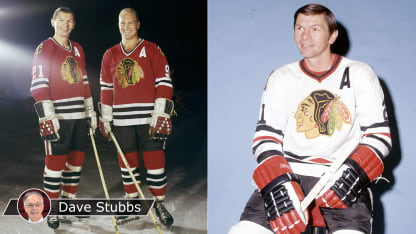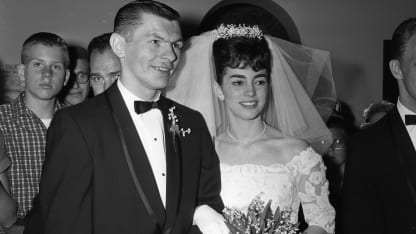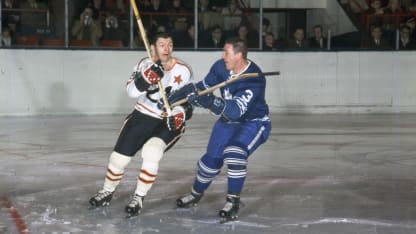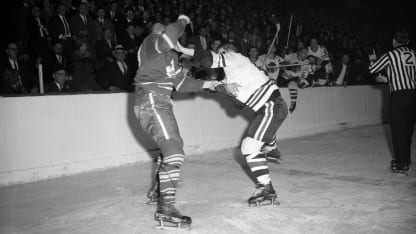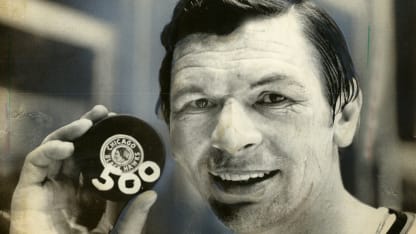"Sometimes, it's not always a sad story," Hall said. "Stan has been hurting bad in recent years and sometimes it's a blessing when the pain is no more."
Mikita died in Chicago on Tuesday at age 78, and reaction from former teammates and opponents alike displayed a uniform respect for a granite-tough forward and a gentleman off the ice.News of Mikita's death found Hall by way of a call from Mikita's daughter, Jane, to the goalie's son, Pat.
"I'll remember the good times, and there were so many of them," said Hall, 86.
And then his voice brightened as the happy recollections started to flow.
"Most of the memories can't be told here," said Hall, who was the Hall of Famer's teammate with the Chicago Blackhawks from 1958-59 through 1966-67, including a Stanley Cup championship in 1961. "But here's one: Stan was adopted by his aunt and uncle when he was young, moving to Canada (from Czechoslovakia). The Blackhawks would take the bus to play training camp games in St. Catharines, Ontario, where they lived, and we'd pass his house. His mom and dad would be outside waving at us when we went by.
"[At] an exhibition game, they were sitting behind the bench, and when Stan would come off the ice, she'd be there with a white handkerchief to wipe his forehead, telling him, 'Stanley, you have to be strong like Booby Hull,' Bobby sounding like Booby with her accent."
